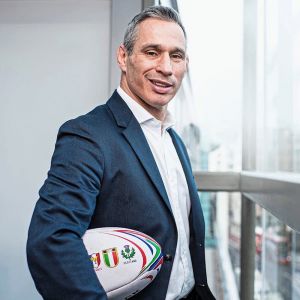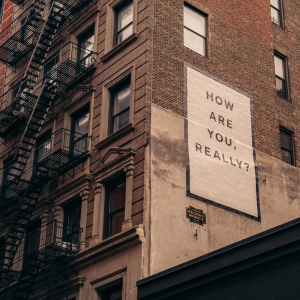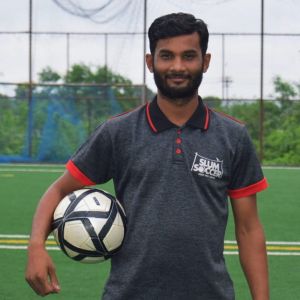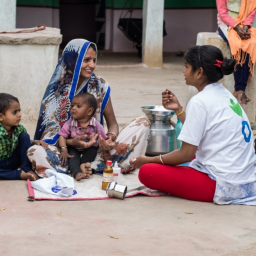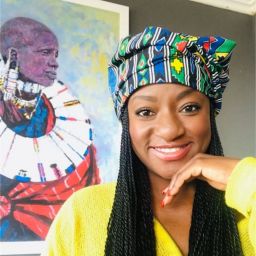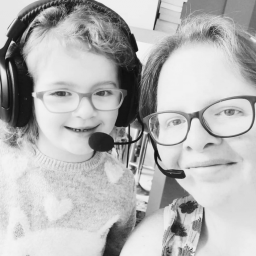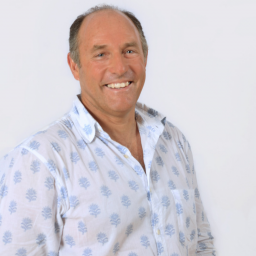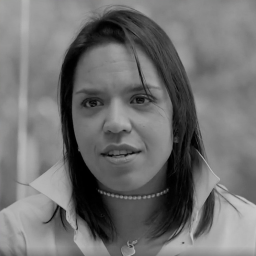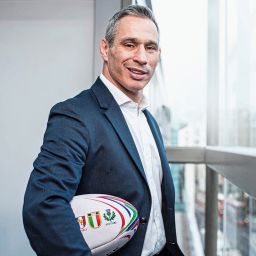Meaningful Business (MB): Can you tell us a little about Youth Run NOLA, and your work as a running club that tackles social injustice?
Stefanny Alecon (SA): Youth Run NOLA is a locally grown sports-based youth development nonprofit that supports 8-18 year olds across New Orleans, LA. We help create opportunities for our area’s youth to develop healthier lifestyles while building community. We do this by running non competitively.
We want to create a space where all are welcomed regardless of gender, ability, economic status or race. That is our goal at every race and practice we attend. When we think about running and those who partake in this sport, we see that there isn’t much diversity and Youth Run NOLA is here to change that by focusing on social and health injustices. In New Orleans, and most of the US, distance running has been made exclusive by white, upper-middle class runners and finding a safe, inclusive, joyful running space for BIPOC youth and adults is rare. Additionally, access to safe, recreational spaces in New Orleans is significantly below the national average. As we’ve seen with the pandemic, people of colour are especially vulnerable with Black New Orleanians accounting for nearly 77% of all COVID-related deaths. A New Orleans Health Department report indicates that only 36% of local high school students meet recommended levels of physical activity. Youth Run NOLA prioritises working with youth of colour and from lower-income families to bring greater health access and equity to our city.
We are an organisation that provides free programming to all our youth. We never want finances to be a barrier for a young person when participating in Youth Run NOLA. We also make sure our youth have the proper running attire they need and partner with local businesses to provide that – from shoes to socks to clothing. We are also mindful of who the adults that participate in our programmes are. We want every interaction with youth to be a positive one and of value. We look for volunteers that share similar backgrounds, interests or stories as our youth and grow those relationships while running!
MB: How has the ‘sport for racial equality’ movement changed over the past 12-months?
SA: I have seen the growth in organisations and their focus on equity. Organisations in New Orleans are making sure to be more inclusive and accessible for all athletes by providing scholarships, transportation, and being more mindful where they offer their programming. Overall, sports is becoming a place where athletes can be themselves and enjoy what they love to do. We have role models like Simone Biles, Serena Williams, Naomi Osaka, amongst many more who are paving the way for athletes of colour and changing their sports.
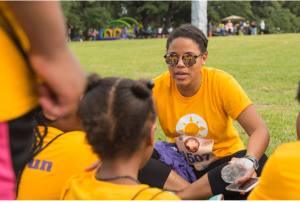
Stefanny Alecon, Executive Director, Youth Run NOLA
MB: How can business play its part in tackling social injustice and why does it matter?
SA: Businesses can play their part in tackling social injustices by reflecting on who they are and who they serve and support. It’s important to support those who are fighting injustices because it is a tough fight and fighting together is easier than doing it alone.
As a non-profit, we benefit a lot from business. We look to partner with businesses that are aligned to our mission and values. Those are the businesses that are usually more inclined to support our cause by donating or joining our organisation. Businesses can help tackle social injustices by helping eliminate barriers. Providing funding for transportation, providing funding for equipment, scholarships for athletes but also donating their time. This is how businesses can help. Eliminate those barriers for those who are doing the work and join them if they can!
MB: What are some examples you have seen of business leaders successfully supporting sport as a vehicle for challenging racial injustice?
SA: By showing up! I have seen businesses supporting sports as a vehicle for challenging racial injustices by helping those doing the work. Offering what they can to remove boundaries for those who are actively fighting for racial equity.
Being a part of Youth Run NOLA has shown me how necessary it is to have this support. I have seen businesses donate food, shoes and clothes, and sponsor runners so that they can run races for free. This not only helps the athlete participate in a sport they love but also the organisation because now they are able to provide more to other youth. I have seen businesses donate uniforms, pay for equipment, volunteer and run/play with the youth. Being a part of what is happening and giving back is the first step.
___
to join the ‘Game on’ working group, alongside other leaders committed to delivering social impact through sport, apply to become a member of meaningful business here.


